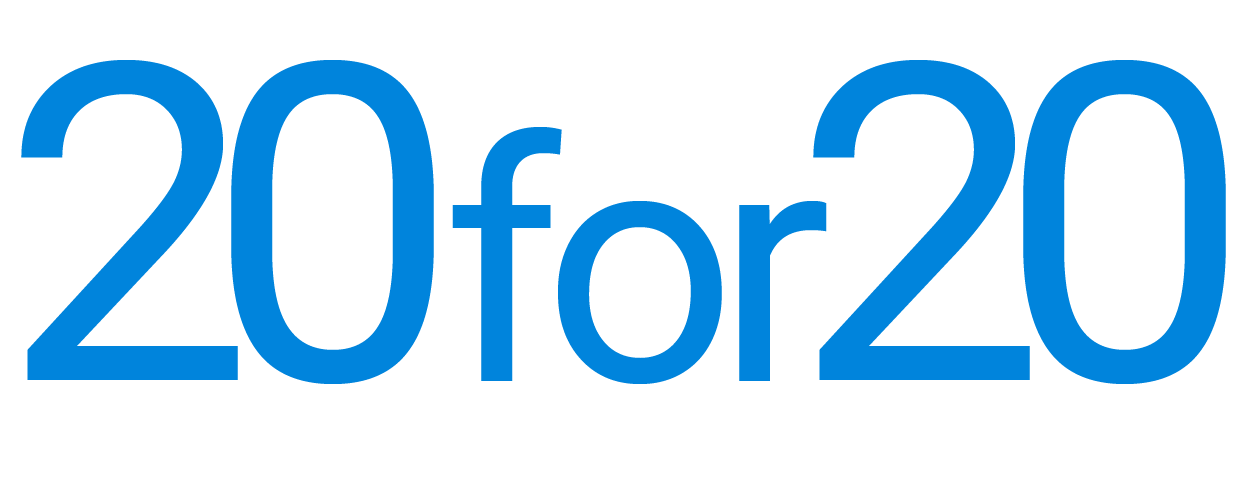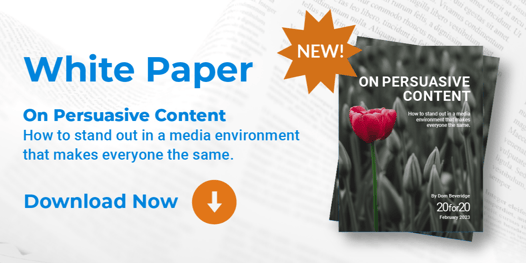
Since ChatGPT was released, there has been a great deal of discussion about how it and other Open AI applications will impact marketing. The conversation touches on several ideas I have shared in recent blogs—especially how abundant content does not necessarily mean persuasive content.
To sum up the main points of the last few blogs in one sentence: markets will reward companies that can teach the most unique, relevant and helpful ideas to whatever market they're trying to engage. This final blog in the series explores where Open AI might fit into the picture.
Missing the Point of Open AI
In late 2022 I sat down with Mike Brewer on his Multifamily Collective podcast to explore the topic of Open AI and speculate on what it might mean for multifamily marketing.
It is a subject that has been top of mind for some years: AI writing applications have been around for much longer than Open AI. While those technologies were less sophisticated than the current iteration of Open AI (let alone the rapid advances that will soon follow), they all solved a similar problem: that of making it fast and easy to generate content. It's an important concept because it largely throws all of the ideas in the previous blogs out of the window.
The podcast explored a common view among marketers: an efficient way of generating high-quality content is to have Open AI generate a "first draft," which a human can then review and "tweak" into something ready for publication. It's easy to see the appeal of this idea: committing ideas to paper is hard, so getting a robot to do it saves time.
But when AI creates the first draft, it bases it on content that already exists on the internet. As a result, writers rule themselves out of creating new and non-obvious content. In a niche industry like multifamily, that is especially suboptimal: even if the text is robust and of a high quality, it can only address the topic at a superficial level, using familiar themes. If the objective is to teach the market in a unique, relevant, and helpful way, this is not the right way to use AI.
Embracing the Shitty First Draft
People who write a lot are probably familiar with the "shitty first draft." It is a first draft that, while lacking in perfect grammar or elegant prose, gets the ideas out onto the page with minimal fuss. The ideas are far more important to good content than the prose, and ideas tend to be messy when they are new.
It's a great way to generate content because it leverages the important concept of iteration. Generating and articulating ideas is hard, but copy edits to existing ideas are relatively easy to do. We should cherish our shitty first drafts rather than outsource them to AI.
AI technology has the potential to separate the mechanical aspects of writing from the more creative aspects. To put it another way, the verb "writing" feels like something that AI should do. The noun "writing" should be the end product of a collaboration between human and robot. If the collaboration means that great ideas can bypass writer's block, the efficiency gain is obvious!
To use another example, the web optimization of content already seems like something that AI should handle much better than humans. A few years ago I was discussing with an AI-expert friend of mine how news sites were already using AI to write sports reports. He pointed out that this process, where an AI optimizes content for Google's algorithm, is essentially a "conversation between two robots." Humans continuing to tweak web copy to feed algorithms will increasingly risk finding themselves in the way of technology.
Why Marketers Should Be Excited
These changes are scary, but they are also genuinely exciting. Open AI will change the nature of work. Jobs that are predicated on churning out large volumes of content will become scarcer, particularly those where the value-add is taking somebody else's ideas and turning them into marketing copy.
Content creator roles may be scarcer in the future, but the roles that remain should be better and more fun than the equivalent roles today. Creative writers will double down on creativity while learning to work alongside powerful text-generating tools. "Prompt engineering" is emerging as a useful skill, as content creators learn how to make the AI deliver the copy they need.
Marketers and companies wishing to reach a market for their products will get to focus increasingly on ideas since the ability to turn ideas into writing will become commoditized.
Although Open AI will vastly increase the amount of content in the market, the content it originates will be relatively undifferentiated. The quality and clarity of the ideas and their relevance to the target market will grow in importance in an ever-expanding marketplace for ideas.
This post was the last in a series about how to create content that stands out in a media environment that makes everyone the same. Download your free copy of our new white paper: On Persuasive Content.
Photo by Tara Winstead on Pexels



